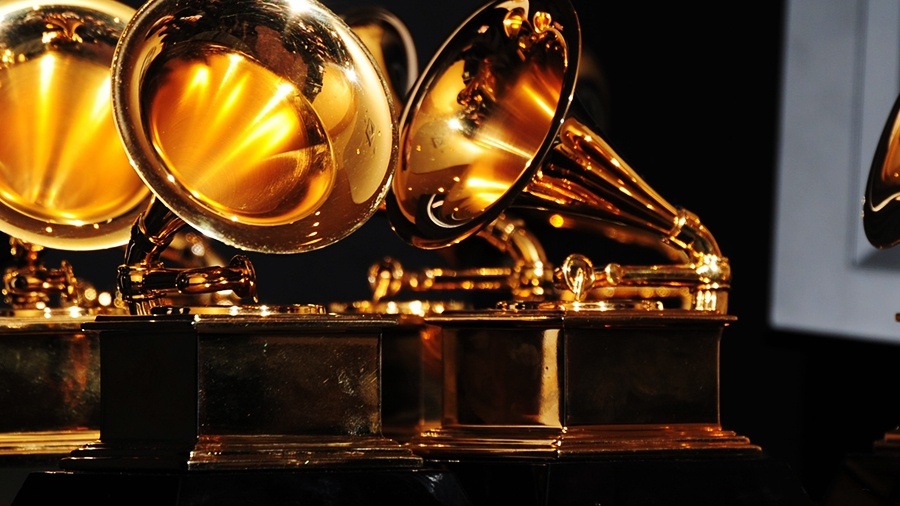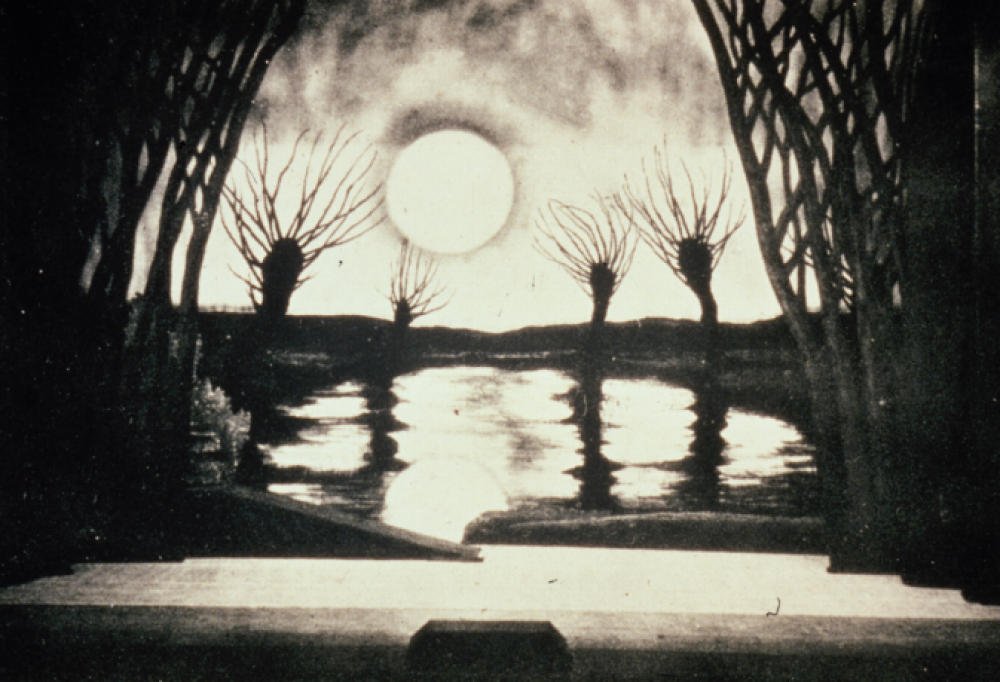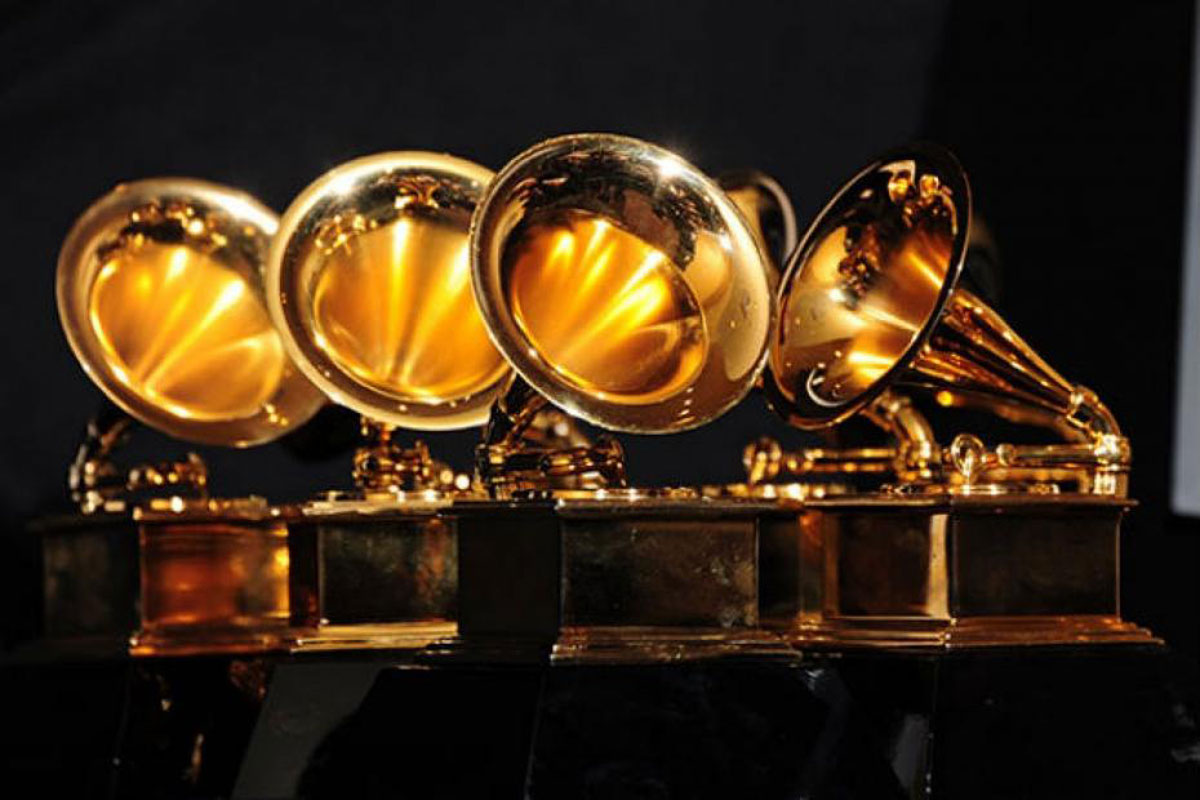Berg’s “Seven Early Songs”: On the Doorstep of Atonality
Alban Berg’s Seven Early Songs (Sieben frühe Lieder) are poised between two worlds. Standing on the doorstep of twentieth century atonality, they grow out of the great tradition of German Romantic lieder. They contain echoes of Brahms, Mahler, Strauss, and Debussy, while moving into a hazy new harmonic dreamscape. Berg composed these songs between 1905 and 1908 during the time he was a student of Arnold Schoenberg. He orchestrated and published the collection …







